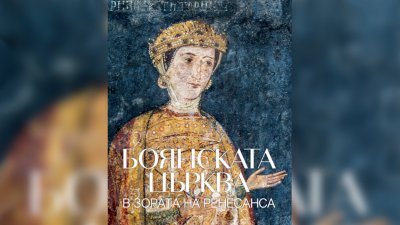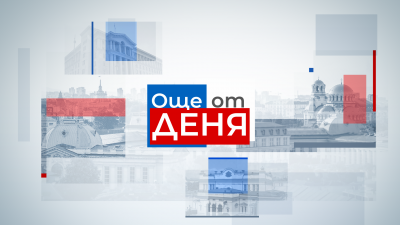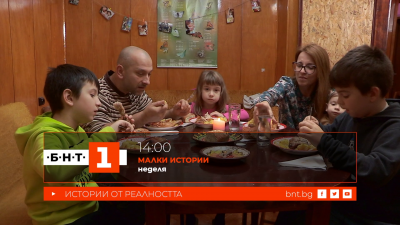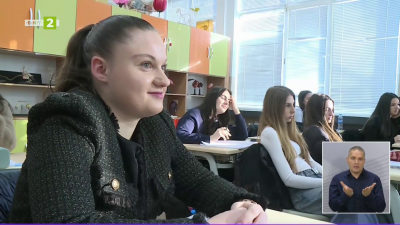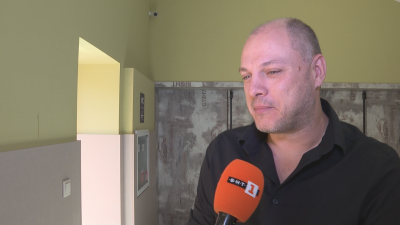Polls: 20.3% would vote for GERB-UDF; 18.2% for “There is Such a People” if the elections were held today
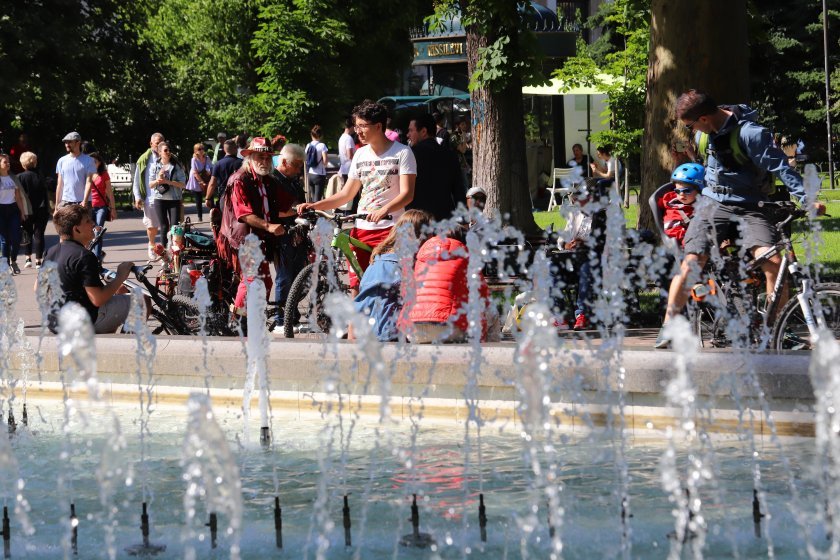
The days before the official start of the campaign for the early parliamentary elections on July 11 are characterized by a cascade of significant events that have a strong but diverse impact on the public atmosphere and attitudes of voters. The accelerated shift of economic and political strata, as well as the expected domino effect, make the electoral picture extremely unstable, charged with the potential for abrupt and rapid change.
The national representative survey of socio-political attitudes, which "Alpha Research" polling agency traditionally conducts before the start of the election campaign, was conducted in the period May 30 - June 7 among 1,007 adult citizens. The information was gathered through a direct standardized interview with tablets. The survey outlines the balance of political forces days before the start of the election campaign, but a number of indicators show a high rate of instability and postponement of the final decision on whether and for whom to vote, which means that a reorientation of the voters is possible until the last day before July 11.
Currently, 53.2% of the respondents express their firm conviction that they will vote in the early elections. This represents an increase of about one and a half percent compared to the pre-election poll for the April 4 regular elections. It is logical to expect some increase in this turnout in the course of the campaign, but factors such as the vote abroad and mobility at the beginning of the summer period, which cannot be accurately predicted now, may tip the scales of the turnout, and accordingly, the support for parties.
An additional element of uncertainty is introduced by the share of the undecided. The intensified political confrontation consolidated the protest and radical vote, but distanced some of the more moderate voters. Between 13 and 15 percent of those wishing to vote have not yet made a final decision on who to vote for. This is especially true for two groups of voters - those who closely monitor the development of the situation after the US sanctions under the "Magnitsky" law and some of the voters of "There is Such a People" party.
GERB-UDF coalition has 20.3% of support among those who intend to vote, with “There is such a People” party close behind at 18.2%, the results of the poll by Alpha Research shows. After the announcement of the US sanctions against Delyan Peevski and Bozhkov, the vote for GERB decreased by 2%, which is the most significant decline for former PM Borissov’s party in such a short period.
GERB is losing ground, except in Sofia, in some major cities. Its hard-line supporters are highly mobilised, but the wider periphery may not go to the polls.
The absence of “There is Such a People” from the media and public debates, especially in a period when there was increased interest in open discussions, does not allow it to significantly expand its positions compared to those of April 4 (growth is about 1%).
Uncertainty about electoral support for “There is Such a People” had been increased by the contradictory signals about the future of the strong figure in the party – Slavi Trifonov, the polling agency said. (Trifonov said that he would not stand as a candidate MP “because my place is not there, but to be responsible for the people who are there and what they do. Of course, I can bear this responsibility from another institution, but regarding that …when the time comes,”. Trifonov said on June 7). Exit polls in April showed that about 20% of “There is Such a People” voters had decided to vote for the party in the final days before the vote.
Such mobilisation cannot be ruled out now, for the upcoming elections, but hesitation at the beginning of the campaign, especially among those who are closely following political life, contributes to the potential volatility of this vote and a possible reorientation to other protest parties.
At the start of the campaign, Kornelia Ninova’s Bulgarian Socialist Party (BSP) is in third place, at 14.4%. For the time being, even in its new format, it is failing to increase its result in the April 4 elections because some voters were demotivated by internal party relations and the growing attitude to vote for far-left parties. However, it is possible that within the campaign the BSP may impose a more convincingly chosen formula for participation in the elections, and the process of legitimizing it through the caretaker government as part of the "anti-status" parties will help attract hesitant voters from other parties.
“Democratic Bulgaria” (DB) is at 11.9%. It was strengthening its position. Contrary to GERB, after the US sanctions and Democratic Bulgaria’s stated support for decisive anti-corruption policies, it consolidated additional support. It is expanding its influence in the district centres and especially among people with higher education.”
At the start of the campaign, the Movement for Rights and Freedoms (MRF) is at 9.9%, in fifth place. It is usual for the MRF to strengthen its position at the end of the campaign and especially among voters abroad.
“Rise Up! Thugs Out!” coalition is at 5.3%. To a large extent, the voters of “Rise Up! Thugs Out” had a similar profile to those of Slavi Trifonov - radical-emotional and highly mobile - which is why it was possible for them to vote for other anti-systemic parties. The greater mobility of the vote for this formation also determines the higher amplitudes around which it can move.
According to the surveyl, currently below the $% threshold to win a share of seats in Parliament are the nationalist, as well as the radical anti-systemic parties. The alliance “Bulgarian Patriots” (VMRO, Volya and the National Front for the Salvation of Bulgaria) is at 3.4% . “Vuzrazhdane” party is at 2.8 %, Zhan Videnov’s left alliance is at 1.8%.
Vassil Bozhkov’s “Bulgarian Summer” party has 1.1% (Bozhkov was among those named by the United States as subject to sanctions).
Alpha Research said that at the start of the election campaign, the possibility of a fragmented Parliament, with 6 or 7 parrties, was emerging again.
At the moment, the isolation of and attacks against GERB are leading to a decline, but not to a collapse, in its support.
It is very likely that the protest parties will be in a better position in the next Parliament. In certain circumstances, a stronger convergence of positions between them is also possible.
Most Bulgarians expect the next Parliament to form a government.
Although 33.1% have positive views of the caretaker government and 23% have negative views, the largest share, 43.9%, have contradictory opinion, which also led to people wanting a regular government with a functioning Parliament.
Get the latest news wherever you are!
Follow us on
Facebook
and
Instagram
Follow BNT’s YouTube channel
You can now also watch us on
TikTok
Find us on
Google News







